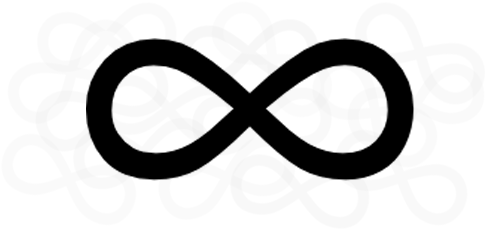This article is more than 5 years old.

Every year, libraries convert more and more journal subscriptions to electronic-only format. In some quarters, each conversion gives rise to nagging worry — will future scholars have access to today’s key articles?
The WFU Libraries are taking several measures to ensure that our e-journal articles will last forever. First, our contracts with publishers stipulate that they will provide perpetual access to the purchased content. Secondly, the libraries are participating in three different initiatives to preserve backup copies of our electronic titles: LOCKSS, CLOCKSS, and Portico.
All three services share some common features. They operate at disparate geographic locations and independently of publishers. They all have plans in place for format migration, should the ubiquitous PDF be eclipsed. All three are “dark archives,” whose content will not be released to library users unless a trigger event occurs. All three share similar definitions of what counts as a trigger event. For instance:
- A publisher goes out of business,
- A publisher decides not to host a particular title anymore, or
- A natural or technological catastrophe prevents the publisher from supplying the content.
The differences in the three services are subtle. As you may infer from the similar names, LOCKSS and CLOCKSS are similar in their approach. With LOCKSS, each library maintains a backup copy of their journals on a server, and each copy is checked against the copies at other sites to guard against data corruption. For CLOCKSS, libraries contribute financially to support the servers maintained at library locations worldwide. Some publishers work with Portico and not LOCKSS, or vice versa.
Like CLOCKSS, Portico is a hosted solution, but Portico receives a lot of financial support from foundations, in addition to the support it receives from libraries and publishers. Portico can also provide post-cancellation access. For instance if the library cancels an electronic-only subscription in 2012, then the library and the publisher can agree to use Portico to access the subscribed years instead of using the publisher’s own site.
Since the advent of e-only, no publishers have failed and no service interruptions have been caused by disasters. However, in several instances a publisher has abandoned a single title. You can find these CLOCKSS/LOCKSS/Portico titles via the journals page or online catalog just like any other title. Look for Graft to see an example.
Taken together, these multiple archival initiatives will guarantee that libraries will continue to provide scholars with crucial journal content for generations to come.
